Associate or Full Professor, Native American and Indigenous Studies – University of Connecticut
The property
INTRODUCTION
The Department of Social and Critical Inquiry (SCI) in the University of Connecticut’s College of Liberal Arts and Sciences invites applications for an Associate or Full Professor in Native American and Indigenous Studies located at the Storrs campus.
The Department of Social and Critical Inquiry is an interdisciplinary unit formed in July 2024 through collaborative efforts of faculty across its four areas: American Studies; Asian and Asian American Studies; Native American and Indigenous Studies; and Women, Gender, and Sexuality Studies, which includes a focus on Disability Studies. SCI was founded to support interdisciplinary faculty research, student-centered teaching, and community partnerships that advance anti-racism, decolonization, and liberatory futures for all. We seek scholars whose work actively seeks to dismantle imperialist and oppressive structures, while also creating reparative alternatives that forward justice and transformation. Through these efforts, we aim to position UConn as a leader in shaping a global society rooted in human dignity, community resilience, and environmental renewal. This position is the first among six newly dedicated lines in the SCI department. It also builds upon seven recent hires in NAIS in the areas of Political Science, Microbiology, Anthropology, English, and Geography.
For this position, we are particularly interested in applicants whose work bridges the field of Critical Indigenous Studies and one or more of the following areas of focus: “One Health” (an integrated approach to the health of human and more-than-human animals, water, land, and food ecosystems), Traditional Ecological Knowledge (TEK), Environmental Justice, and Tribal governance/law/policy. These hiring priorities are informed by our collaborations with UConn’s Tribal community partners.
As a program, NAIS acknowledges the land that UConn occupies today was the traditional homelands of Indigenous peoples of the Northeastern Woodland and continues to be the homelands of the Eastern Pequot, Golden Hill Paugussett, Mashantucket Pequot, Mohegan, and Schaghticoke peoples. NAIS is program-building in a manner that respects their sovereignty and continued presence, establishing relations that help to foster a university environment that better serves the needs and aspirations of Native Nations, communities, and students.
Founded in 1881, UConn is a Land Grant and Sea Grant institution and member of the Space Grant Consortium. It is the state’s flagship institution of higher education and includes a main campus in Storrs, CT, four regional campuses throughout the state, and 13 Schools and Colleges, including a Law School in Hartford, and Medical and Dental Schools at the UConn Health campus in Farmington. The University has approximately 10,000 faculty and staff and 32,000 students, including nearly 24,000 undergraduates and over 8,000 graduate and professional students. UConn is a Carnegie Foundation R1 (highest research activity) institution, among the top 25 public universities in the nation. Through research, teaching, service, and outreach, UConn embraces diversity and cultivates leadership, integrity, and engaged citizenship in its students, faculty, staff, and alumni. UConn promotes the health and well-being of citizens by enhancing the social, economic, cultural, and natural environments of the state and beyond. The University serves as a beacon of academic and research excellence as well as a center for innovation and social service to communities. UConn is a leader in many scholarly, research, and innovation areas. Today, the path forward includes exciting opportunities and notable challenges. Record numbers of undergraduate applications and support for student success have enabled the University to become extraordinarily selective.
MINIMUM QUALIFICATIONS
-
-
- Ph.D. (or equivalent) in a related field.
- Strong record of research, teaching, and service in NAIS.
- Demonstrated commitment to mentoring Indigenous students, working with NAIS faculty/staff, and interest in future opportunities to take on a leadership role in NAIS.
- The ability to contribute substantially to interdisciplinary or transdisciplinary work through research, teaching, engaged scholarship, and/or community partnerships in the SCI department.
- Demonstrated experience and commitment to program building in NAIS.
- Demonstrated experience building and maintaining Indigenous community/Tribal partnerships.
- The ability to contribute through research, teaching, and service to the diversity and excellence of the university.
-
PREFERRED QUALIFICATIONS
-
-
- Preparedness to teach and develop a curriculum that engages with at least one of the other areas in the SCI department: American Studies; Asian and Asian American Studies; Women’s, Gender, and Sexuality Studies.
- Specialization in one or more of the following areas: Aging and Elders, Water Studies/Marine Sciences/Maritime Studies, Climate/Environmental Studies, Language Studies, Indigenous Data Sovereignty, Indigenous Entrepreneurship, Indigenous Theater, Arts and Cultural Studies, Traditional Ecological Knowledge (TEK), Environmental Justice (EJ).
- Interest or experience in working in federally funded Minority Serving Institutions.
-
APPOINTMENT TERMS
This is a full-time, 9-month, tenured position with an anticipated start date of August 23, 2025. The successful candidate’s academic appointment will be at the Storrs campus. Salary and rank will be commensurate with qualifications and experience.
TERMS AND CONDITIONS OF EMPLOYMENT
Employment of the successful candidate is contingent upon the successful completion of a pre-employment criminal background check.
TO APPLY
Please apply online to UConn Jobs at https://hr.uconn.edu/jobs Search #498736 to upload the following additional application materials:
- Cover letter that addresses the criteria for the position,
- Curriculum vitae,
- Research statement (of innovative questions and concepts that guide scholarship, experience in proposal development, mentorship of graduate students, practice of community partnerships, etc.)
- Teaching statement (including teaching philosophy, teaching experience, commitment to effective learning, idea for new course development, etc.);
- Equity and Inclusion statement
- Sample publication that exemplifies the research trajectory
- Names and contact information for three (3) references.
The evaluation of applicants will begin immediately and continue until the posting is removed. Preference will be given to those who apply by December 15, 2024. This job posting is scheduled to be removed at 11:55 p.m. Eastern time on January 6, 2025.
At the University of Connecticut, our commitment to excellence is complemented by our commitment to building a culturally diverse community.
This position will be filled subject to budgetary approval.
All employees are subject to adherence to the State Code of Ethics which may be found at http://www.ct.gov/ethics/site/default.asp.
All members of the University of Connecticut are expected to exhibit appreciation of, and contribute to, an inclusive, respectful, and diverse environment for the University community.
The University of Connecticut aspires to create a community built on collaboration and belonging and has actively sought to create an inclusive culture within the workforce. The success of the University is dependent on the willingness of our diverse employee and student populations to share their rich perspectives and backgrounds in a respectful manner. This makes it essential for each member of our community to feel secure and welcomed and to thoroughly understand and believe that their ideas are respected by all. We strongly respect each individual employee’s unique experiences and perspectives and encourage all members of the community to do the same. All applicants will receive consideration for employment without regard to race, color, religion, gender, gender identity or expression, sexual orientation, national origin, genetics, disability, age, or veteran status.
The University of Connecticut is an AA/EEO Employer.
No Comments
Listing Location
Related listings


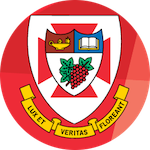

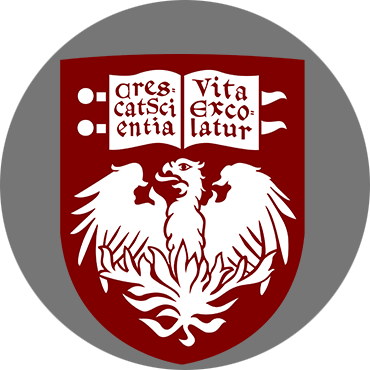

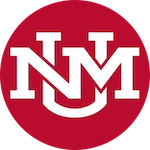
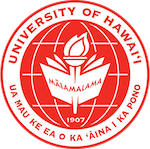


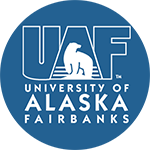
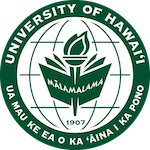
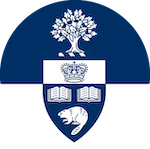

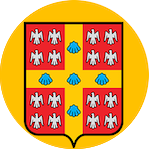
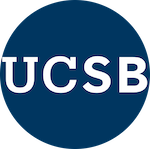




Sorry, the comment form is closed at this time.